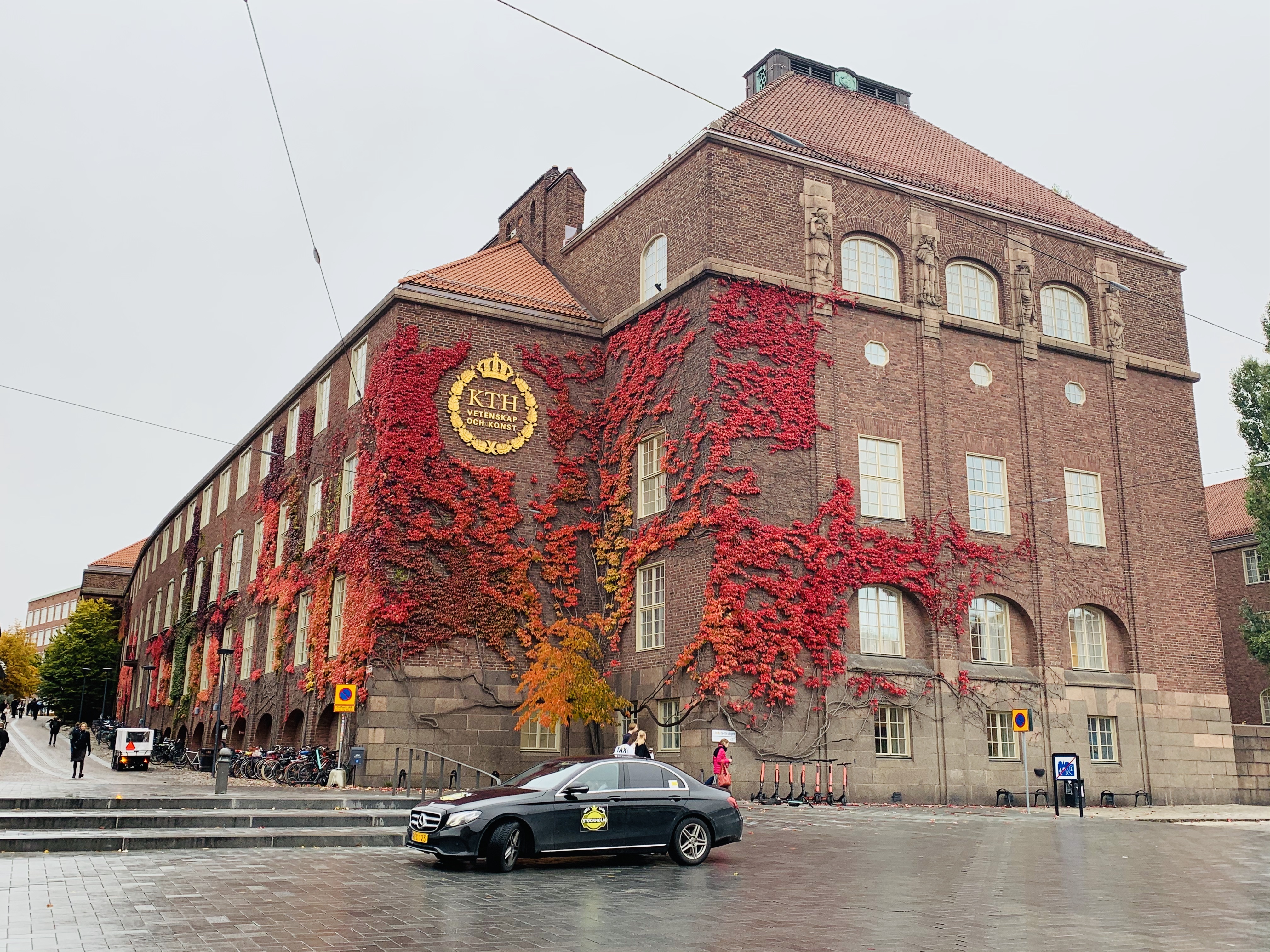

Body of IITR

The Young India Fellowship (YIF), is one of the most sought-after programmes in India, conducted over a year, at Ashoka University. It is a one year multi-disciplinary post graduate in Liberal Arts (courses from humanities, commerce as well as science). This seven year old program aims to arm and furnish well-rounded individuals with critical thinking, leadership abilities and an inclination to serve the public.
Ashoka University
Ashoka University is a private university, focussing primarily on research, located in Sonipat, Haryana. Ashoka University emphasises more on liberal learning, as opposed to conventional rote memorization prevalent across the rest of the country. It’s recognised by the University Grants Commission (UGC) and is listed amongst the top ten universities in India.
About YIF
“The biggest takeaway from being part of the Ashoka community is the network. The professors here are the best in the whole country.”
YIF’s eminent and enviable faculty exposes the fellows to a plethora of concepts and cultures, and opens many metaphorical doors in their lives. Guest lectures and workshops happen frequently and witness global achievers like Shashi Tharoor, Raghuram Rajan and Nandan Nilekani. The fellows get to engage with these esteemed individuals, who can then provide assistance in the future.
The courses offered here range from Foundation of Leadership, and Philosophy and Cognitive Science, to Mathematical Thinking, Shakespeare and the World and a humongous array of other diverse courses . The course structure comprises of 8 semesters in a year, with each semester consisting of 2-3 courses. Due to this heavy curriculum, YIF can be very hectic for many, but for engineers a hectic schedule is an everyday story. Courses are evenly divided, in that roughly half of them are core or compulsory, and the rest are elective courses. As we’ve mentioned already, the range of topics covered is ginormous, and hence the existence of a large number of diverse electives helps students specialise/get acquainted with fields previously unknown to them.
There are two compulsory programs at YIF which run almost the whole year:
Experiential Learning Module, ELM, is a core component of the fellowship which runs for eight months. It complements academics with real work experience. Fellows work on live projects for different organisations and individuals representing multiple sectors. It consists more of NGO work, with less stress on the corporate side.
https://www.ashoka.edu.in/page/yif-profdev-133
The YIF Critical Writing Programme aims to help the fellows develop a ‘critical thinking’ approach towards most problems they face personally and professionally, which enables the fellows to write and express their views in an elegant and captivating manner. To ensure that the students receive the best guidance, the fellows are segregated into groups of about 15 students each. Each group is assigned its own ‘Writing Perceptor’, who not only educates children about the root values of critical thinking, reading and writing, but also imparts a personal touch to each and every group.
https://www.ashoka.edu.in/page/yif-writing-134
“Here at YIF I learn more from peers than anything, the diversity we are exposed to at times pushes us towards unexplored imaginations”
The fellows at YIF are from varied disciplines and backgrounds, including design, business, engineering, literature, law and much more. Engineers make up roughly 30% of the student body. Such a diverse environment pushes the fellows to acquire essential skills needed for research, problem-solving and effective communication - all essentials for a successful professional life.
Application Process
Your application at the YIF is the most crucial part, which includes your profile, your necessary academic records ( 10th and 12th plus graduation), employment/ internship details, extracurriculars, essays which are related to your field (of graduation or postgrad), and referee details (LORs etc). If you’re selected, this is followed by a telephonic interview.
Upon clearing that, you have an in-person interview at the end, which is held at Ashoka University itself. The interviews are based on your application and your discipline, and hence are different for everyone. It’s easy to crack this strenuous application process, if you remain genuine and lucid in the essays and interviews. The IIT tag is also a very big boost to your application.
https://www.ashoka.edu.in/page/yif-admissions-41
https://www.ashoka.edu.in/page/yif-selection-138
After YIF
YIF opens up great sets of opportunities and helps the fellows get into the best universities across the world like University of Oxford, University of Cambridge, Harvard University, Princeton University, Stanford University and Yale University. The fellows usually do their masters from such top-notch institutions. YIF was not set up with the objective of creating insane placement opportunities - their vision is to enhance your social skills. Readers are advised to keep in mind that the program cannot possibly serve as an alternative to MBA. The in-campus placements are pretty poor when compared to IITs, but most people are able to secure a good off-campus placement owing to the skills and network that YIF gifted them with. YIF has helped alumnis become successful entrepreneurs, social workers, leaders : people who leave an impact on society.
It is a great program if you’re inclined towards Humanities and Social Sciences. You can use your year at YIF to significantly expand your skill-set and also reflect on what you’d eventually want to do with your life.